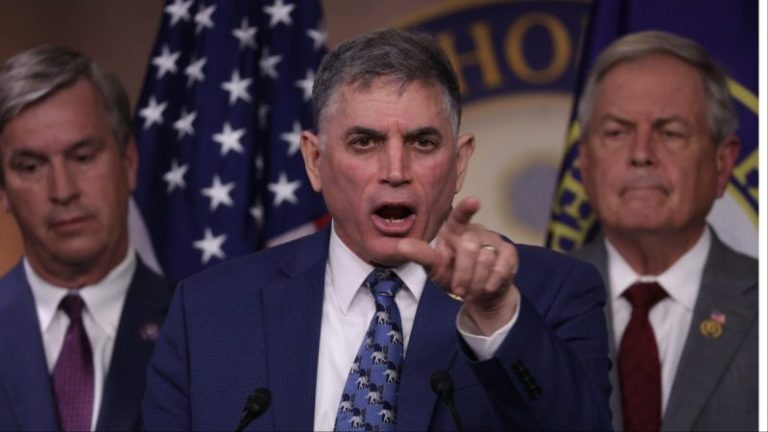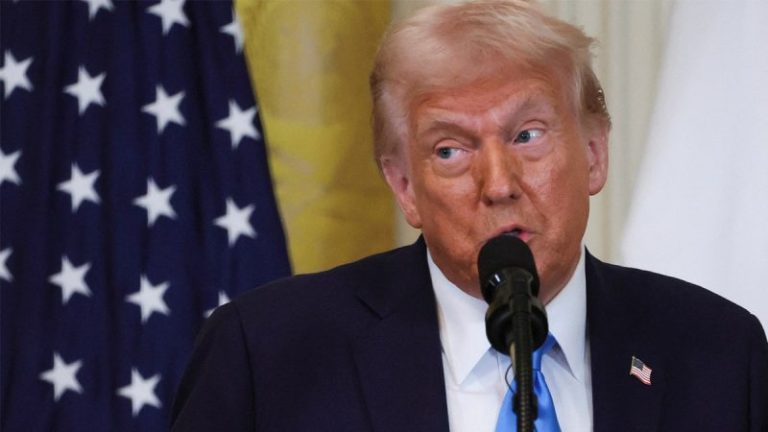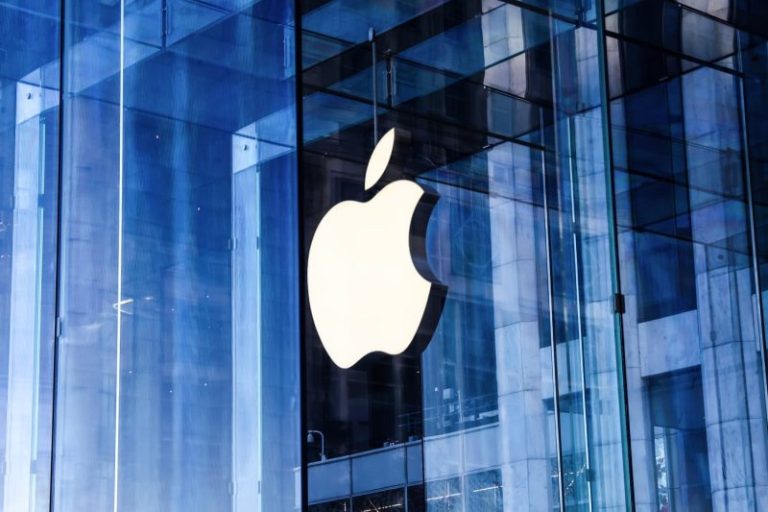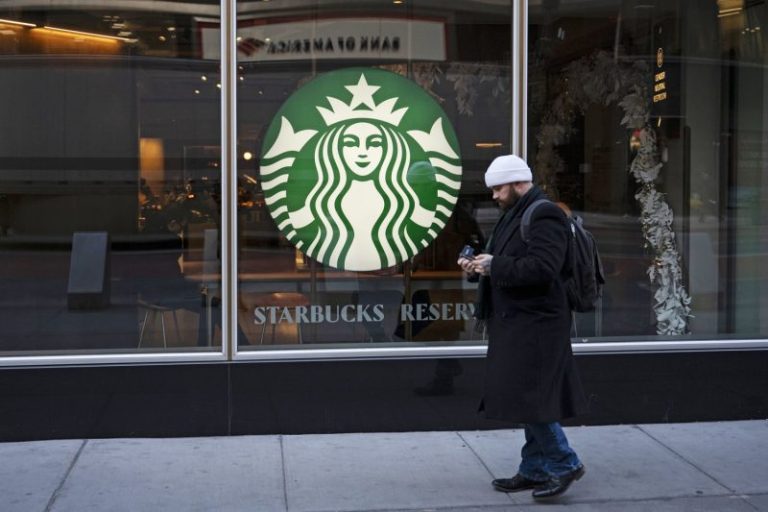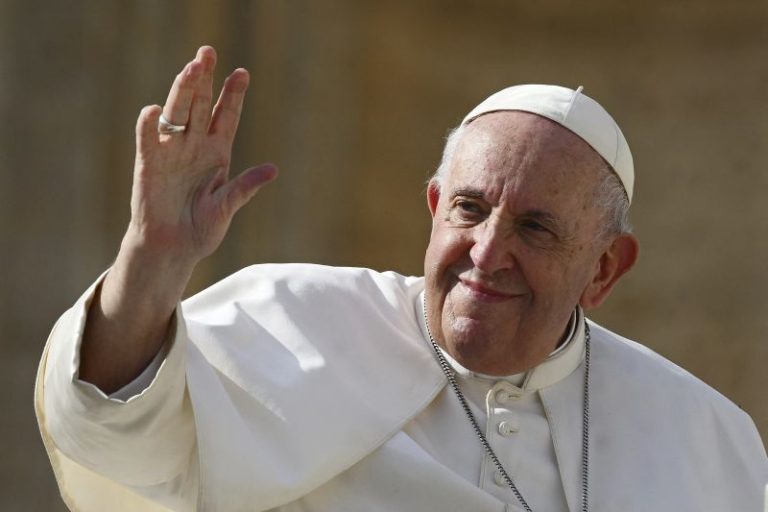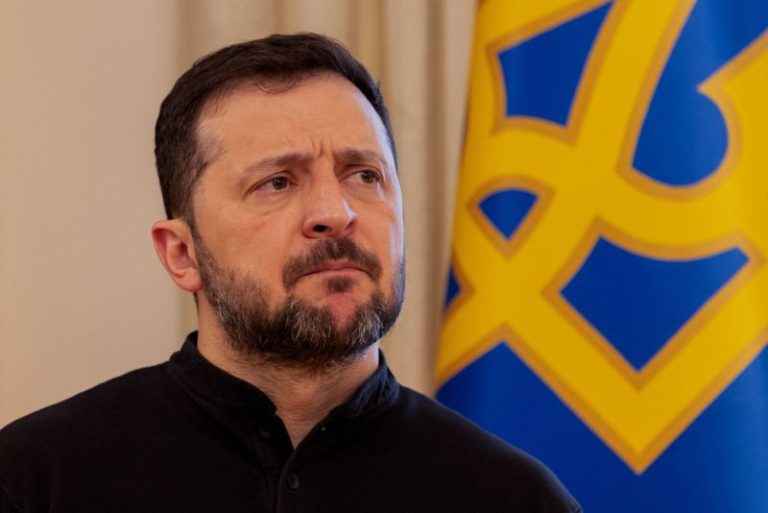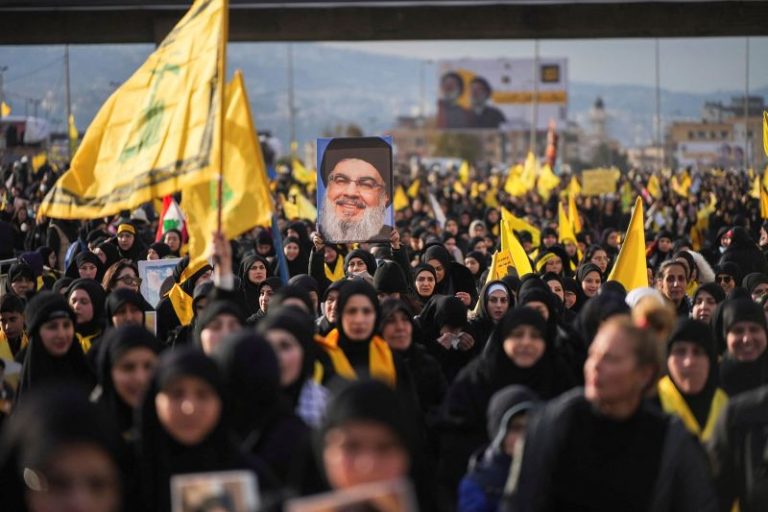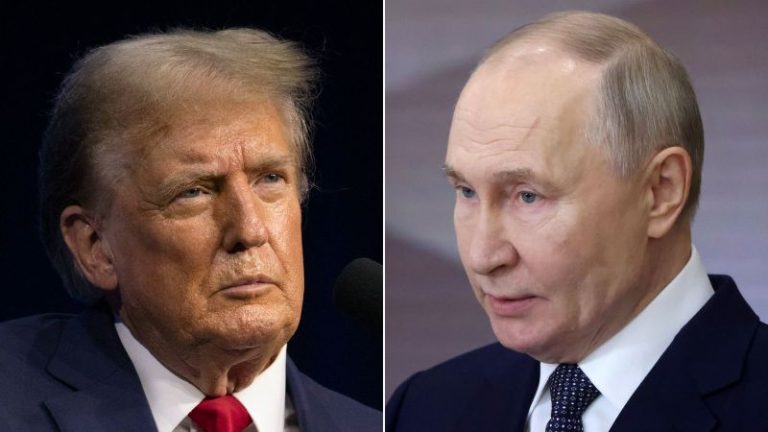Georgia Republican Rep. Andrew Clyde, who earlier this month announced he was drafting articles of impeachment against a Rhode Island judge overseeing one of President Donald Trump’s legal challenges, condemned judges who continue to bar Trump’s agenda from being implemented.
Clyde is working in conjunction with Rep. Eli Crane, R-Ariz., who is also preparing impeachment articles against U.S. District Judge Paul Engelmayer. The Georgia Republican said the real victims of judicial pushback against Trump’s policies are the American people.
‘You’re not just hurting the president,’ Clyde told Fox News Digital. ‘You’re hurting the American people because they’re the ones who elected him, and they’re the ones who want him to do this – to exercise these specific authorities. And these judges are really denying the American people their rights.’
Clyde threatened to file articles of impeachment against District Judge John McConnell who, at the time, filed a motion ordering the Trump administration to comply with a previous restraining order. The order temporarily blocked the administration’s efforts to pause federal grants and loans.
McConnell has since come under fire from Trump supporters and conservatives who have accused him of being a liberal activist after a 2021 video of him saying courts must ‘stand and enforce the rule of law, that is, against arbitrary and capricious actions by what could be a tyrant or could be whatnot’ resurfaced online.
‘You have to take a moment and realize that this, you know, middle-class, White, male, privileged person needs to understand the human being that comes before us that may be a woman, may be Black, may be transgender, may be poor, may be rich, may be – whatever,’ McConnell said in the video, according to WPRI.
Clyde acknowledged that judges have their own opinions and ‘they’re certainly entitled to them, but they’re not overt and political in mentioning them,’ saying ‘they don’t want to be seen as potentially having a conflict of interest.’
‘And I think that’s very, very much the case when it comes to both Judge Engelmayer and Judge McConnell,’ the lawmaker said.
Since taking office in January, activist and legal groups, along with elected officials, local jurisdictions and individuals, have launched more than 70 lawsuits against the administration. The legal challenges cover Trump’s executive order on birthright citizenship, the Department of Government Efficiency’s (DOGE) efforts to slash unnecessary government spending, and Trump’s removal of various federal employees.
With regard to the specific suits over DOGE’s actions, Clyde told Fox News Digital he expects the president to ‘prevail on the merits of his case.’
‘I think the president will certainly prevail on the merits of his case. He has the authority under Article II of the Constitution,’ Clyde said. ‘But yet for the entire time of the restraining order, the judge will have prevented this duly elected authority from being exercised by the president. And also, they will have prevented the American people from dealing with waste, fraud and abuse in their government.’
Clyde said he hopes other members of Congress join his and Crane’s efforts to continue holding judges accountable, saying those barring Trump’s agenda from being implemented ‘need to understand that they’re not going to get away with it.’
‘They can’t just stop the president from doing what the Constitution gives him the authority to do, and the people have given him the authority to do,’ Clyde said.
Fox News Digital’s Elizabeth Elkind and Diana Stancy contributed to this report.

